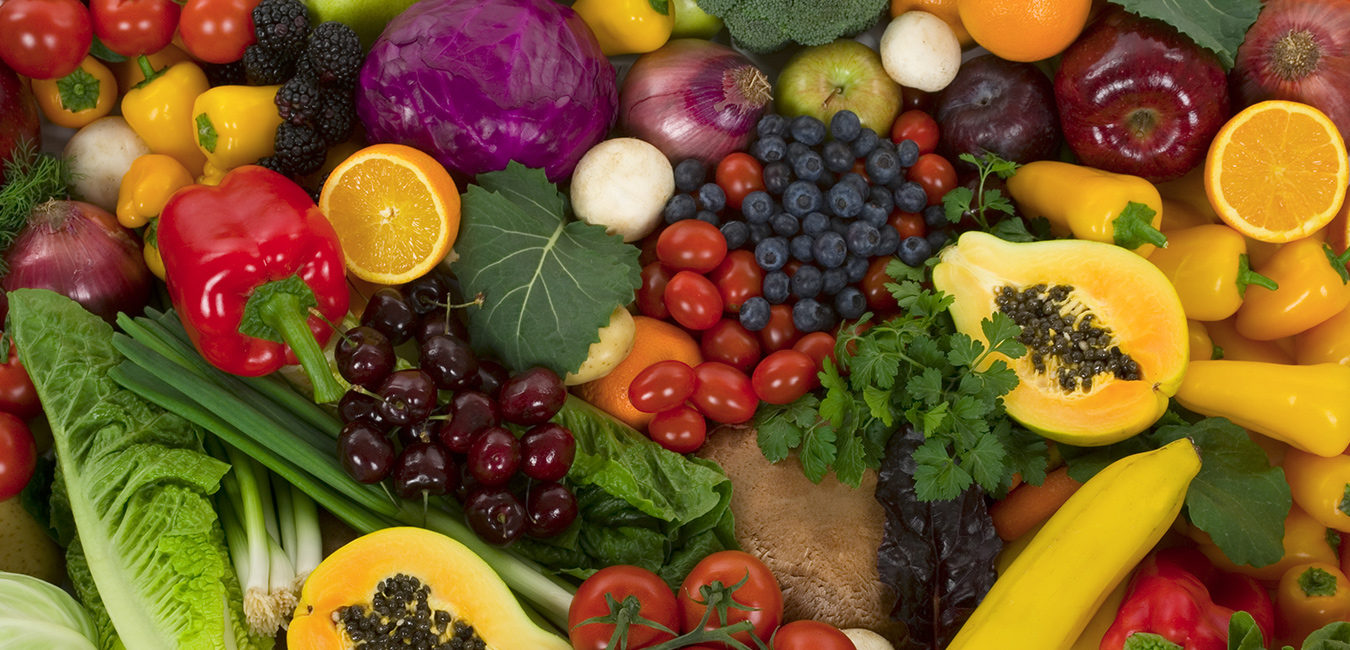When it comes to your heart’s health, the foods you eat can hurt or they can help with healing. It all depends on how they affect inflammation. Inflammation, even at low levels, which continues for a long time, has been shown to lead to heart disease, diabetes, and other common health conditions.
The latest proof comes from a new study, which found that people who eat a diet high in foods that increase inflammation have a 23% higher risk of an early death than those who ate fewer such foods.
Researchers used a handy tool to tell whether a person’s diet was high in foods that often cause unhealthy inflammation. This tool, the dietary inflammation index (DII®), grades a person’s diet based on the presence of specific foods, vitamins, the disease-fighting substances in foods, and spices and herbs—everything from the healthy omega-3 fatty acids found in fish, to garlic and ginger.
For instance, red meat and highly processed foods promote inflammation (more of these foods mean more inflammation), while olive oil, fruits and vegetables, and whole grains decrease it. If your diet has a high DII® score, it increases inflammation in your body, while a low DII® score lowers inflammation, protecting you from disease.
In a previous study, researchers using the DII® found that people with high scores on the index were much more likely to have heart disease and strokes. And earlier this year, research showed that scores on the DII® also affected a person’s risk for developing cancer. The higher the inflammation index, the higher the cancer risk. High scores on the inflammation index have also been linked to depression.
How do you calm the inflammation that is raising your risk for heart disease and other health problems?
1. Eat more fruits and vegetables.
Fruits and vegetables contain substances that help stop inflammation, lowering your risk for heart disease and other illnesses. Remember to stay away from canned fruits with added sugars and canned vegetables with added sodium. Colorful produce, such as deep-colored berries, bright orange carrots, and dark, leafy greens, is particularly powerful in protecting you from heart disease.
2. Change your oil.
Try to avoid unhealthy saturated fats—found in meat, butter, and stick margarine—which raise inflammation levels. It’s better to use healthier monounsaturated fats, such as extra virgin olive oil and to eat foods containing omega-3 fats, which lower inflammation. These include fish like salmon, sardines, and trout, as well as walnuts, flaxseed, and soybeans. Nuts, including almonds and walnuts, and avocados also contain healthy fats that lower inflammation.
3. Boost your fiber.
Fiber helps to reduce inflammation, so lean towards whole grains, including oats, brown rice, and 100% whole wheat breads and pasta, instead of white bread and products made with white flour. Fruits, vegetables, and beans are loaded with inflammation-reducing fiber. Try adding chickpeas to salads or kidney beans to soups.
4. Add herbs and spices.
Many seasonings, such as ginger and turmeric, contain substances called polyphenols, which are very good at calming inflammation. Other healthy seasonings include mint, garlic, rosemary, and thyme. In addition to cooking with these healthful foods, you can add them to salads and smoothies.
These four steps are key to lowering harmful inflammation and improving your heart’s health. In the meantime, it can be helpful to know what your risks are. Ask your doctor if you would benefit from inflammation testing based on biomarkers in your blood and urine through Cleveland HeartLab/Quest Diagnostics. Knowledge is power!

